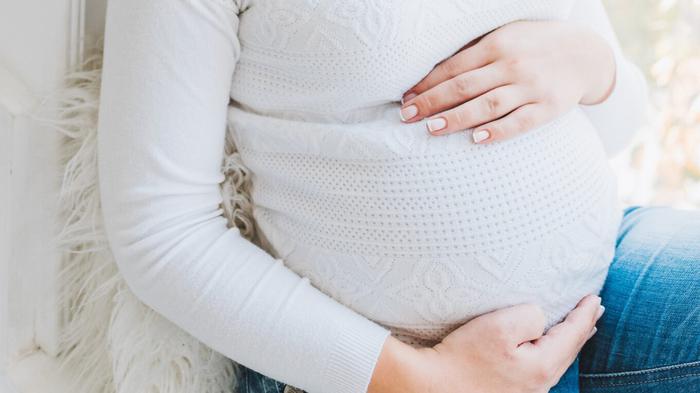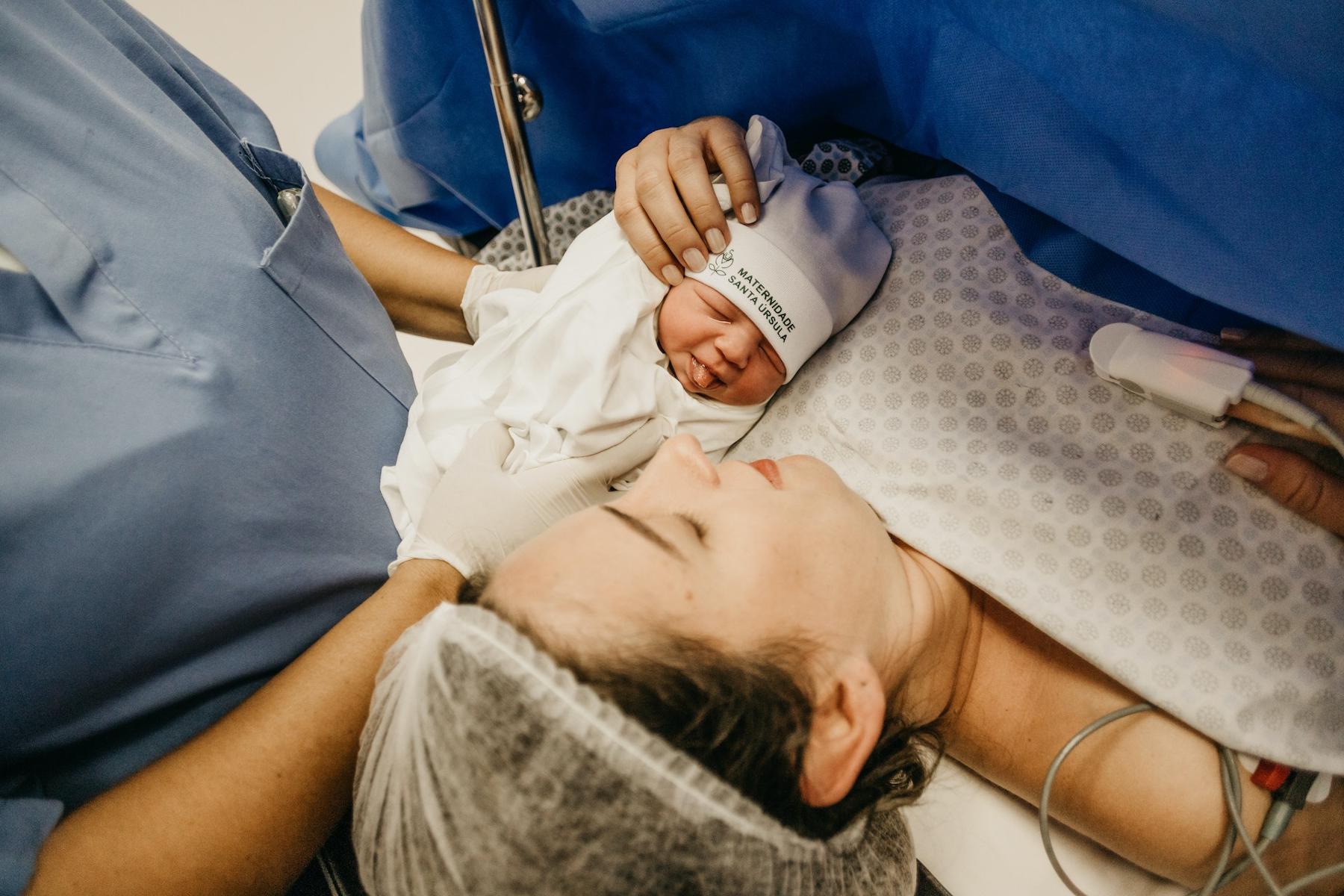Understanding the role of decidual macrophages in preeclampsia and HELLP syndrome

Status: Ongoing
Maternal macrophages – a type of white blood cell – play an important role in keeping the placenta healthy. However, evidence suggests that in women who develop preeclampsia, these cells become activated, release chemicals which drive inflammation, and may damage the placenta.
Project aims
This research project, co-funded by the University of Birmingham and Preeclampsia Foundation Canada, is investigating for the first time the role of macrophages in pregnancy complications, with a view to finding new treatments and helping prevent women from developing preeclampsia.
This project will involve recruiting women with healthy pregnancies, and those with preeclampsia or HELLP syndrome. On delivery of their babies, we will take the placentas, and isolate macrophages from the placentas. We will then study the ability of these macrophages to perform their normal functions, including maintaining an anti-inflammatory environment in the placenta. We hypothesise that macrophages from preeclamptic placentas are pro-inflammatory and may contribute to the development of this complication. We hope to understand how this occurs, and whether we can reverse it, to prevent preeclampsia from occurring.
Research projects

A database to improve maternal safety: Safe-Mums
We are in the process of establishing the Safe-Mum database on maternity datasets…

Predicting complications in gestational diabetes
We are in the process of establishing a living database on maternity datasets…

1PCOS database
We are in the process of establishing a living database on polycystic ovary…




